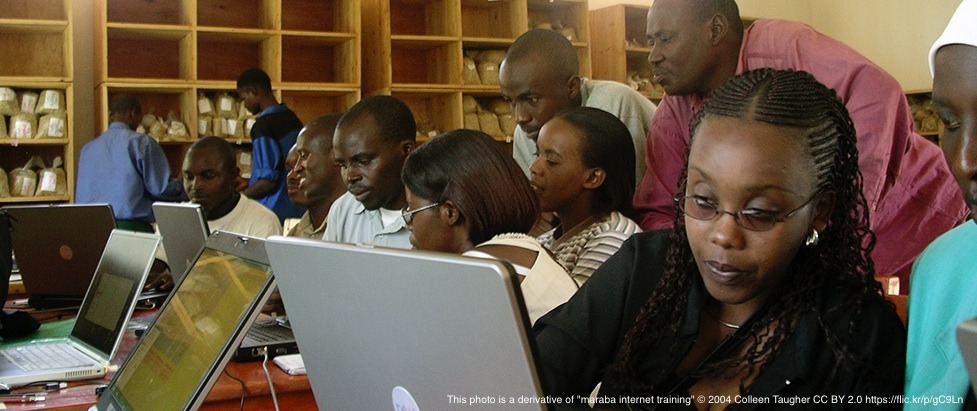As the infrastructure necessary for Internet access is becoming more available in developing countries, efforts to close the digital divide have increasingly focused on promoting local content to increase interest in using the Internet and drive uptake.
As we began to think more about the content side of the access equation, we noticed three related points:
- Most, if not all, developing countries already have local content, typically provided by local newspapers, radio stations, and other businesses and individuals.
- This content tends to be hosted abroad, even when there are local data centers that could be used.
- The performance of these websites is often poor, dampening potential usage.
While it is true that international bandwidth to many developing countries has become dramatically cheaper in recent years, it is still significantly more costly than using domestic links connected to an Internet exchange point (IXP) to connect users with locally developed content. Also, distance adds latency, which impacts user performance. As a result, we wondered what dynamics were involved in the decisions on where to host content.
We decided to investigate these points more closely, using Rwanda as a case study, in close partnership with Minister Jean Philbert Nsengimana and his team at the Ministry of Youth and ICT (MYICT) and with the assistance of the Rwandan Information and Communication Technology Association (RICTA), the IXP and ccTLD operator in the country. MYICT and RICTA generously facilitated the participation by all significant Rwandan stakeholders in the study. Using input from the stakeholders, we found the following:
- Content developers were hosting their websites abroad, largely to save money in hosting costs, however, ISPs had to pay more to deliver the content back to users in country.
- Websites hosted abroad experienced greater latency than locally hosted sites, which slowed down the delivery of web pages and access speeds fairly significantly.
- The increased cost of accessing content abroad, along with lower throughput, limits potential Internet consumption and the ability of content producers to provide more advanced, interactive services.
Rwandans have already seen the benefits of local hosting of content. Google implemented a Google Global Cache in Rwanda several years ago, and more recently, Akamai made a cluster available in Rwanda – both saw their usage increase significantly as users responded to the lower latency and better response times.
In our paper, released this week, entitled “Promoting Local Content Hosting to Develop the Internet Ecosystem” we investigate the dynamics of hosting content abroad, and highlight the factors that drive hosting decision by local content producers. We detail how hosting abroad increases the cost and latency of accessing local content, and also present data about the impact of Google and Akamai making content available locally. We then present business, technical, and policy recommendations that can form an enabling environment for local hosting of content.
While local content hosting is an important element for creating a vibrant local Internet economy, global hosting options have been important to the development of the industry in Rwanda and elsewhere, and will continue to play a role. Thus, the report notes that the focus for policymakers, companies, and content entrepreneurs, should be on creating a positive enabling environment that will incentivise local hosting and service development and thereby offer content providers a local choice, rather than imposing measures that artificially require local hosting.

